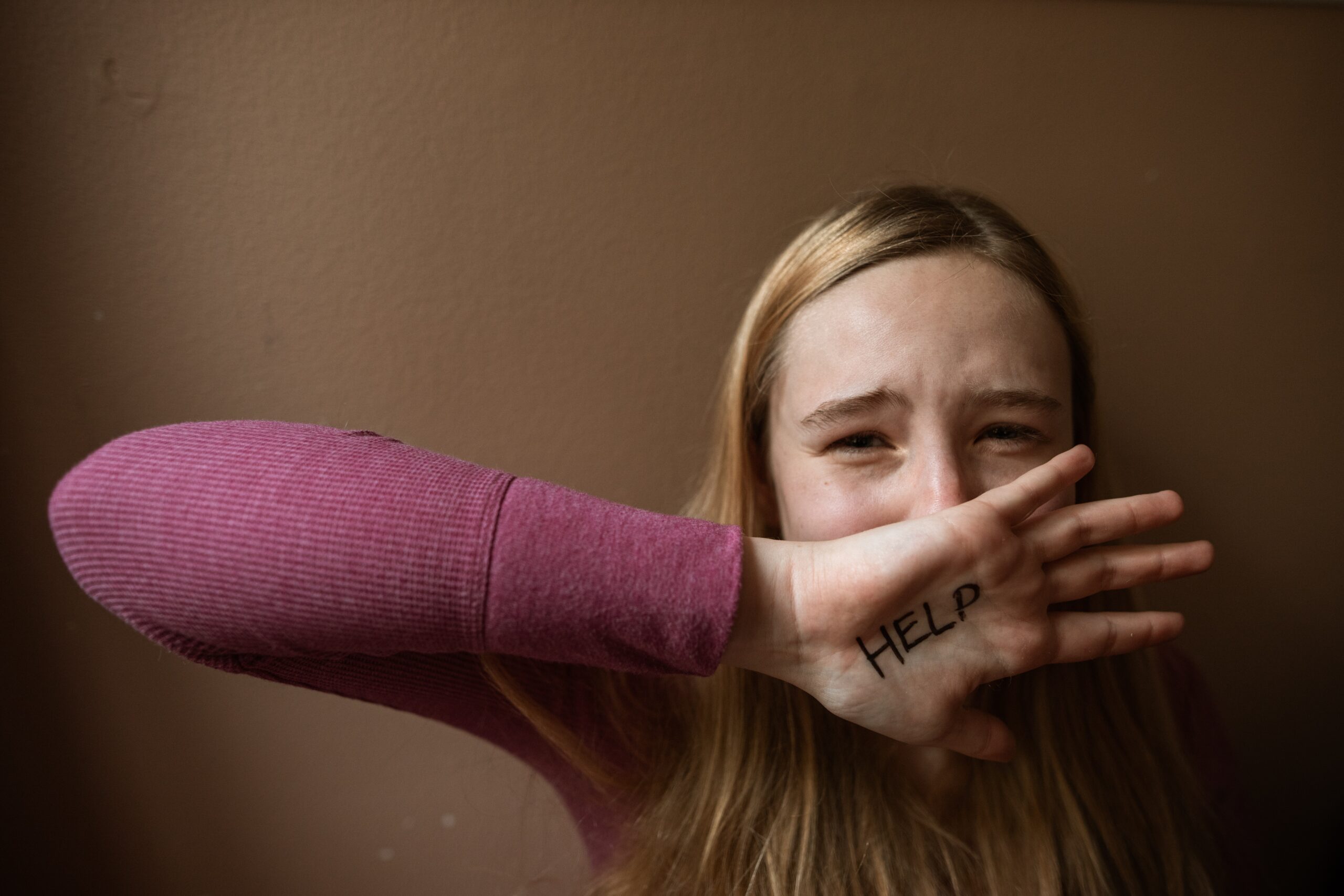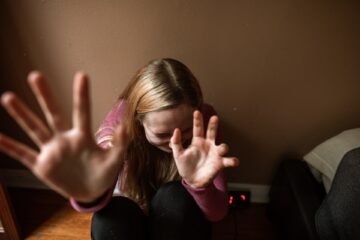![]()
Introduction
Child sexual abuse is one of the most growing concerns in India. Amidst, all the issues that have been coming up recently, we easily overlook some of the small issues of major importance. We don’t realize how badly such abuse can affect not only the child who has been a prey to such cruelty, but also the people around him, and the society at large.
Sexual abuse and sex trafficking remain highly prevalent and are among the serious problems in India. In the last two decades, an increase in the prevalence of sexually transmitted diseases has been shown in children. Children who are victims of sexual abuse often know the perpetrator in some way. No matter how grievous the crime against children is, they always find a way to hide under various pretenses of the society and mostly go unnoticed or unaccounted for. Either the people are too scared to come forward and report such crimes or in the cases where they do, the criminal gets away with it very easily. Considering the situation in India, a country where sexuality is a big taboo, coming forward to fight against sexual abuse of child seems like an impossible endeavor.
There are the laws that have made by the legislature for the protection of children, namely, The Protection of Children from Sexual Offences (POCSO) Act, 2012, and the Juvenile Justice Act. Hence, the problem of child sexual abuse needs to be addressed through less ambiguous and more stringent punishment to the criminals.
The Protection of Children from Sexual Offences Act, 2012
The POCSO Act, 2012, is gender-neutral legislation. It defines a child as any individual below 18 yr. and provides protection to all children from sexual abuse. The POSCO Act, 2012, aims at protecting children from pornography, sexual harassment, and sexual assault. It also aims at establishing Special Courts to provide justice and for a trial of such cases mentioned under the act. Article 15 (3) of the Constitution of India, empowers the state to make special provisions for Children and the Government of India has acceded on 11 December 1992 to the conventions on the Right of the Child, adopted by the General Assembly of the United Nation.
Definition of Child Sexual abuse is comprehensive and encompasses the following:
(i). Penetrative Sexual assault, (ii).Aggravated Penetrative Sexual assault, (iii).Sexual assault, (iv). Aggravated Sexual assault, (v). Sexual harassment, (vi). Using a child for pornographic purposes, and (vii). Trafficking of children for sexual purposes.
The above offenses are treated as “aggravated”, when the abused child is mentally ill or when the abuse is committed by a person in a position of trust or authority vis-à-vis the child. The act prescribes punishment graded as per the gravity of the offense, with a maximum term of rigorous imprisonment for life, and fine.
Role of Doctors in providing care in the present legal framework
The act also makes provisions for the medical examination of the child in the least distressful manner. The Act vocalizes that doctors should not demand legal records or legal procedure or documentation to be completed before imitating the treatment or examination. Legal procedures can be done later after imitating the medical care. Now, the doctors must register a medico-legal case in all cases of Child Sexual abuse. Failure of reporting could result in six months imprisonment and fine Under Sec. 21 of the POCSO Act, 2012. The registered medical care shall (a) collect evidence after a thorough medical examination, (b) treat the physical and genital injuries, (c) conduct age assessment of the victim, (d) offer prophylaxis for Sexually transmitted diseases including HIV, (e) discuss emergency contraceptives with the pubertal child and parent, (f) do family counseling, (g) assist the court interviewing the child and testifying in the court.
Another significant provision made in this law is that no hospital under the jurisdiction of the Indian Constitution can refuse to admit the victim of child sexual abuse for examination and treatment. This issue has been re-emphasized in Section 23 of the Criminal Law Amendment Act, which insert Section 357C into the Code Criminal Procedure, 1973 [4]. This section says that all hospitals are required to provide first-aid or medical treatment, free of cost to the victim of Sexual Offence. Section 166B of the Indian Penal Code [4] specifies that no hospital whether the private or public can deny treatment to a rape victim. Treatment should be provided immediately and free of cost. If a hospital staff is involved in rape, then law dictates punishment for a minimum of seven years.
Recent Amendment in POCSO Act, 2012
As per Section 9(m) of the POCSO Act, 2012, whoever commits a sexual assault with a child below 12 years of age, is said to have committed aggravated sexual assault. On 10th July 2019, the Union Cabinet approved certain amendments that shall be made in the POCSO Act, 2012 to make the provision even more stringent with respect to such child abuse. The amendment is also proposed in Section 9 to protect children from sexual offenses in times of natural calamities and other situations where children are administrated, in any way, any hormone or any chemical substances, to attain early sexual maturity for the purpose of penetrative sexual assault [5]. The key part of this approval was to provide the death penalty to child rapists, for committing aggravated penetrative assault and sexual assault against a child.
Let discuss the case, Shri Akhil Shil Vs. The State, the Calcutta High Court upheld the conviction and sentence of the accused under section 6 of the POCSO Act, 2012, for sexually assaulting a minor girl of Three years of age, despite there being a contradiction in the statement of the minor and the witnesses. The court held that it is not possible for a child of such tender age to come and depose in the Court of such a heinous crime and a criminal as such, should not be released simply on the ground of slight contradictions. The court also explained the term Aggravated Penetrative Sexual Assault in detail and awarded a sentence of rigorous imprisonment for ten years and a fine of Rs. 10,000. The court also directed the state to pay a compensation of Rs. 5 lacs to the minor victim to ensure her proper education and rehabilitation [6].
Conclusion
Child abuse is one of the heinous crime could be committed against humanity. It does not only disrupt the child who has been sexually assaulted but also hinders the quality of the society in the bigger picture, as the children who have felt such traumatic things in the early stage of their lives, grow up to become part of the society. It is imperative to control child sex abuse in order to sustain a healthy population and prosperous growth of the counter at large.



0 Comments